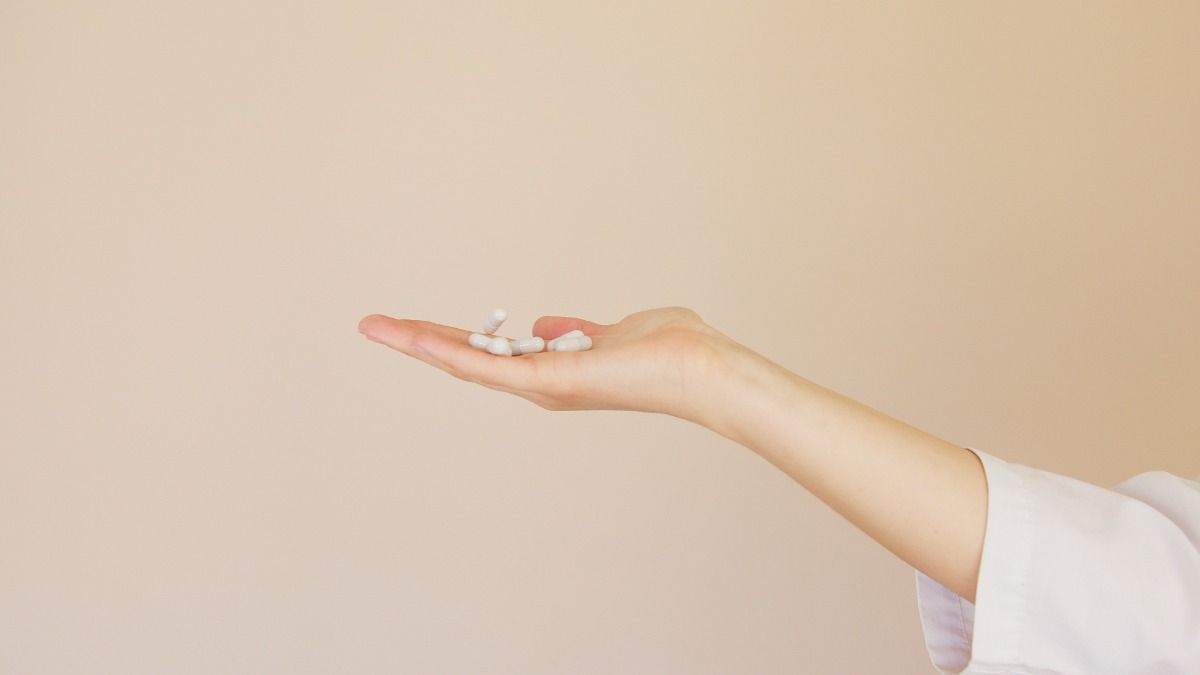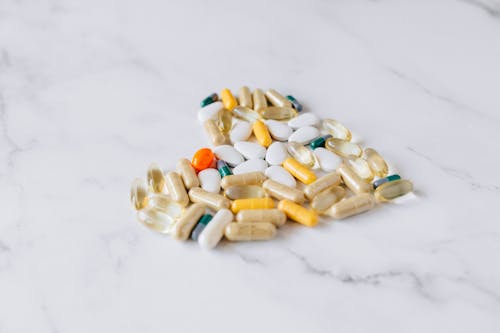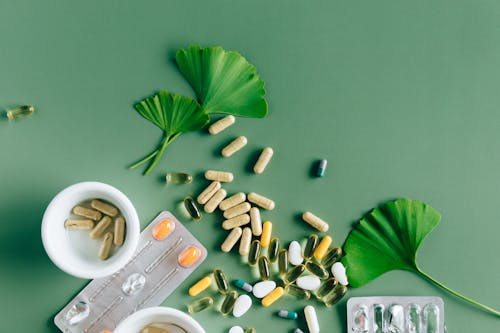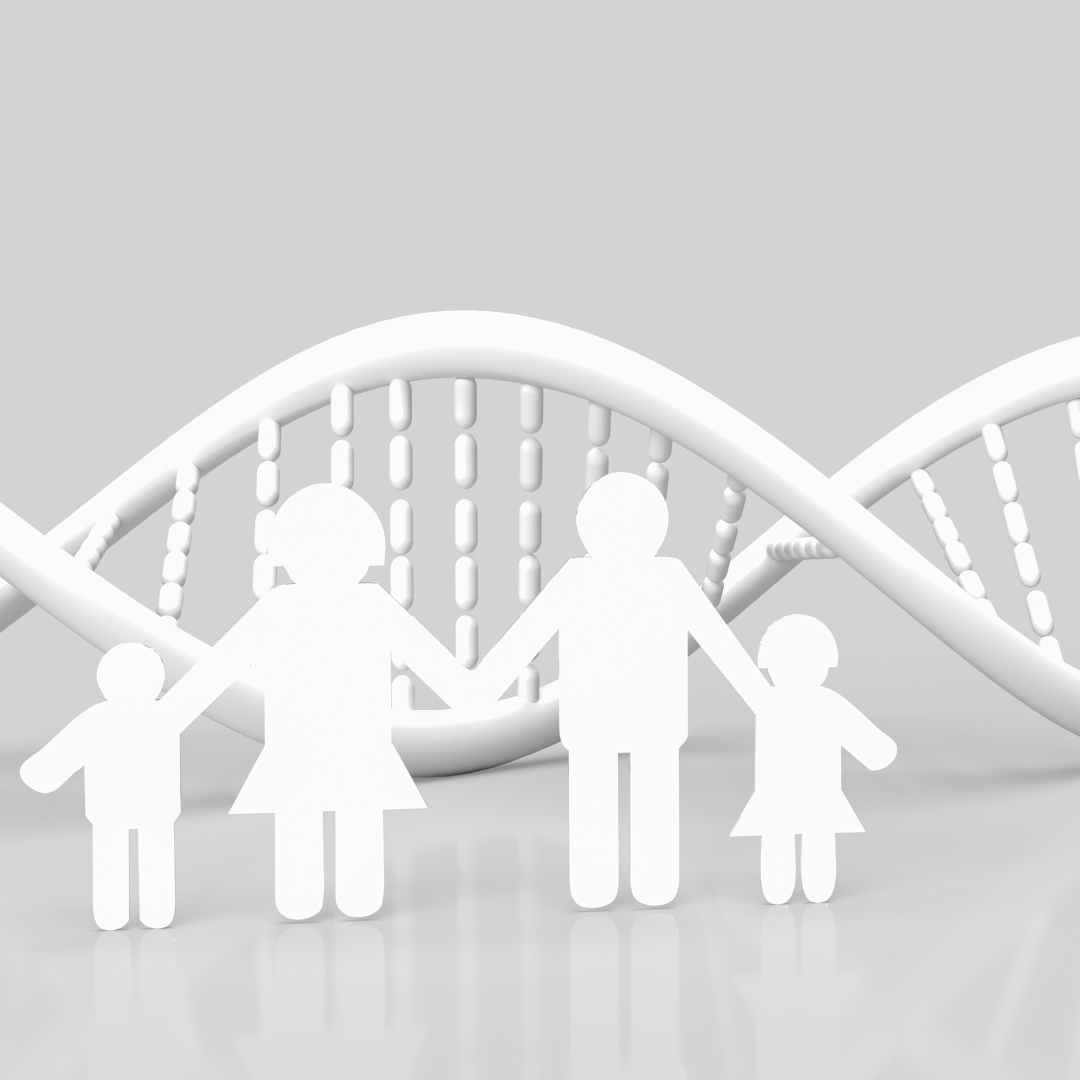
Nootropics are brain-boosting supplements that can improve your cognitive function, increase your energy, improve your mood, and enhance your ability to focus. Many people say nootropics sharpen their mind, give them a mood boost, and improve their daily functioning.
Many types of nootropics are completely natural. There are many nootropics that are plant-based supplements, while other types of nootropics are prescription.
Nootropics have the power to amplify brain performance and can even make you feel smarter. In general, nootropics can have a very positive influence on your mental skills, mood, motivation and well-being.

Different Types of Nootropics
There are two main types of nootropics. There are prescription nootropics with stimulant effects. There’s also non-prescription nootropics which you can buy online or at health food stores. Learn more about these two types of nootropics below:
Prescription Nootropics
As the name suggests, you can only gain access to these nootropics with a prescription from your doctor. They are usually given by a medical provider to treat an existing medical problem. These substances contain a stimulant, like amphetamine. They can counteract symptoms and treat conditions like ADHD (attention deficit and hyperactivity disorder), dementia, narcolepsy, Alzheimer’s disease, or other similar health issues. Examples of these nootropics include the following:
- Modafinil like Provigil: used for treating the sudden sleepiness or drowsiness induced by narcolepsy (sudden attacks of sleep)
- Adderall: containing amphetamines help regulate the mood and behavior of people with ADHD
- Methylphenidate like Ritalin: this is another stimulating substance to curb symptoms of both ADHD and narcolepsy
- Memantine like Axura: used for easing symptoms of neurodegenerative diseases like Alzheimer’s
These drugs are very effective for addressing the specific medical condition they are prescribed to treat. Because they carry risks and potential side effects, you can only take these drugs under a doctor’s supervision. Work closely with your doctor to monitor your condition and manage whatever side effects that may crop up.

Non-Prescription Nootropics
As the name suggests, you don’t need an Rx to purchase these nootropics. These non-prescription nootropics can be all-natural (plant-based) or synthetic. You may already even be taking one without knowing it. After all, the most popular and highly available OTC nootropic is caffeine.
The non-prescription variants are not designed to treat any medical conditions. However, they are said to still have a positive impact on your thinking, mental function, and memory. The most popular non-prescription nootropics, which are sold as single ingredients or in combination, are the following:
- Caffeine: Coffee and tea are the most popular drinks in the world next to water. Many people love them because of their stimulant effect thanks to caffeine. When you’re feeling lazy in the morning, a steaming cup of coffee kick starts your day. The same goes for afternoon tea because caffeine gives energy and boosts mental focus. Research indicates that caffeine is safe if you take it in moderation. However, extreme amounts may not be safe. The FDA recommends no more than 400mg per day (amounting to 4 to 5 cups of coffee). Pills and powders contain more caffeine so be mindful as it could lead to an overdose.
- L-theanine: This is an essential amino acid commonly occurring in green and black tea. Studies suggest this increases the brain’s alpha waves which contributes to a relaxed but alert mental state. This suggests better clarity without the stress. Because of this, there are many l-theanine supplements in the market in capsule and tea bag form, with the recommended dosage of 100 to 400mg per day. A particular study supports combining l-theanine with caffeine to improve alertness and cognitive performance.
- Creatine monohydrate: Creatine is a popular supplement among athletes because it is the building block of protein that is needed for muscle formation. It is noted to improve exercise performance by increasing ATP production. Moreover, it positively impacts mental ability. Studies show that creatine helps with reasoning skills and short-term memory. Taking 30 grams per day is supposedly safe for people.
- Omega-3 fatty acids: This polyunsaturated fat is commonly found in fatty fish like salmon. And because it fights heart diseaseand protects against brain aging, companies have morphed this into a fish oil supplement in gel capsule form to fill nutritional gaps. You need this in your diet for brain health because it helps the cells, including neurons, to build membranes. These fats are therefore essential for renewing and repairing brain cells. Fortunately, they carry a low risk when taken, but they could interact with blood clotting medicine so ask your doctor for guidance.
- Ginkgo Biloba: This is a tree that can be found in Korea, China, and Japan. Even if it is exclusive to those areas, the leaves are manufactured into an herbal supplement for worldwide consumption. A study showed that it is potentially beneficial for helping improve brain function. Furthermore, one review noted that older people with dementia who consumed 200mg every day for at least 5 months noticed improvements. That being said, with prescription nootropics readily available for dementia, your doctor may advise the pharmaceutical option because it is safe and effective.
- CDP Choline or citicoline: As a natural constituent of the brain’s chemistry, it is commonly used to treat cerebrovascular issues because it is said to improve memory retention. People who suffer from strokes, dementia, and brain injuries would benefit the most from this drug. There are said to be no serious side effects so they are relatively safe to consume.
Do You Have Trouble Focusing?
If you often experience brain fog, low energy, low mood or trouble focusing, you could have a mental health condition such as ADHD. To find out if you’re at higher risk of these conditions (based on your genetics) take an at-home DNA test such as CircleDNA.






